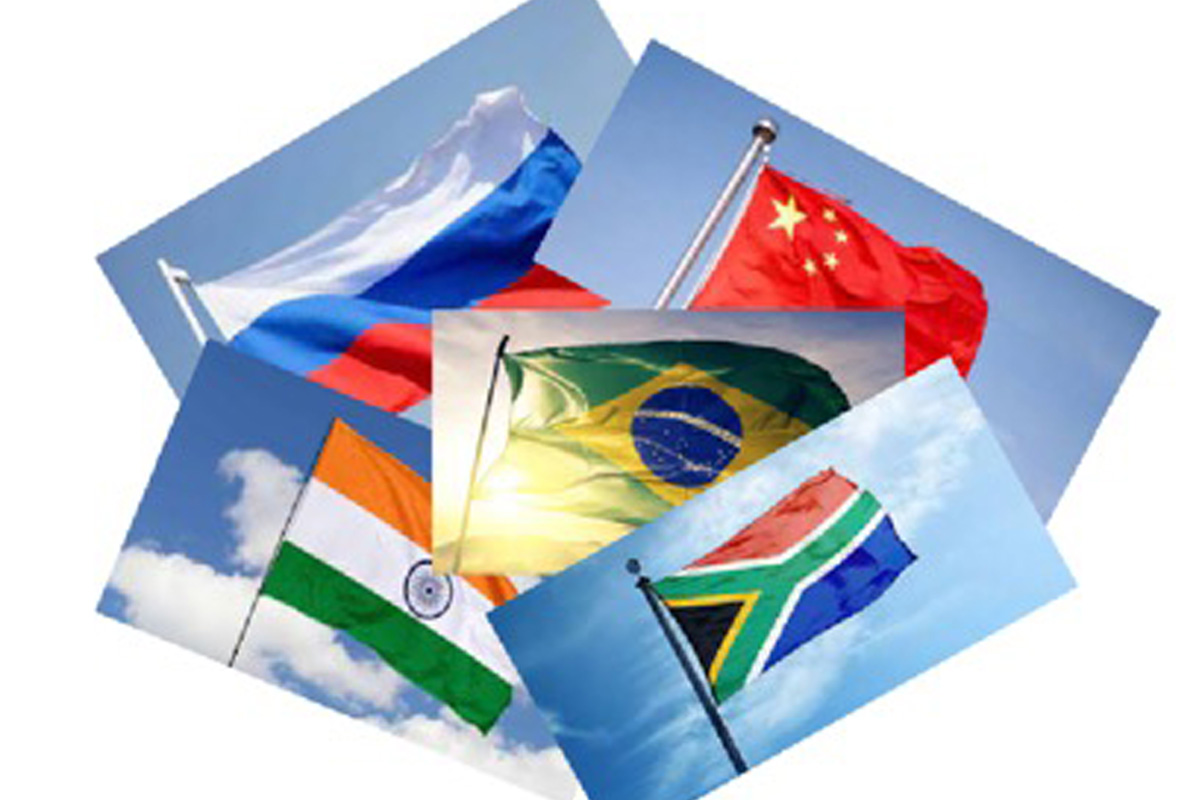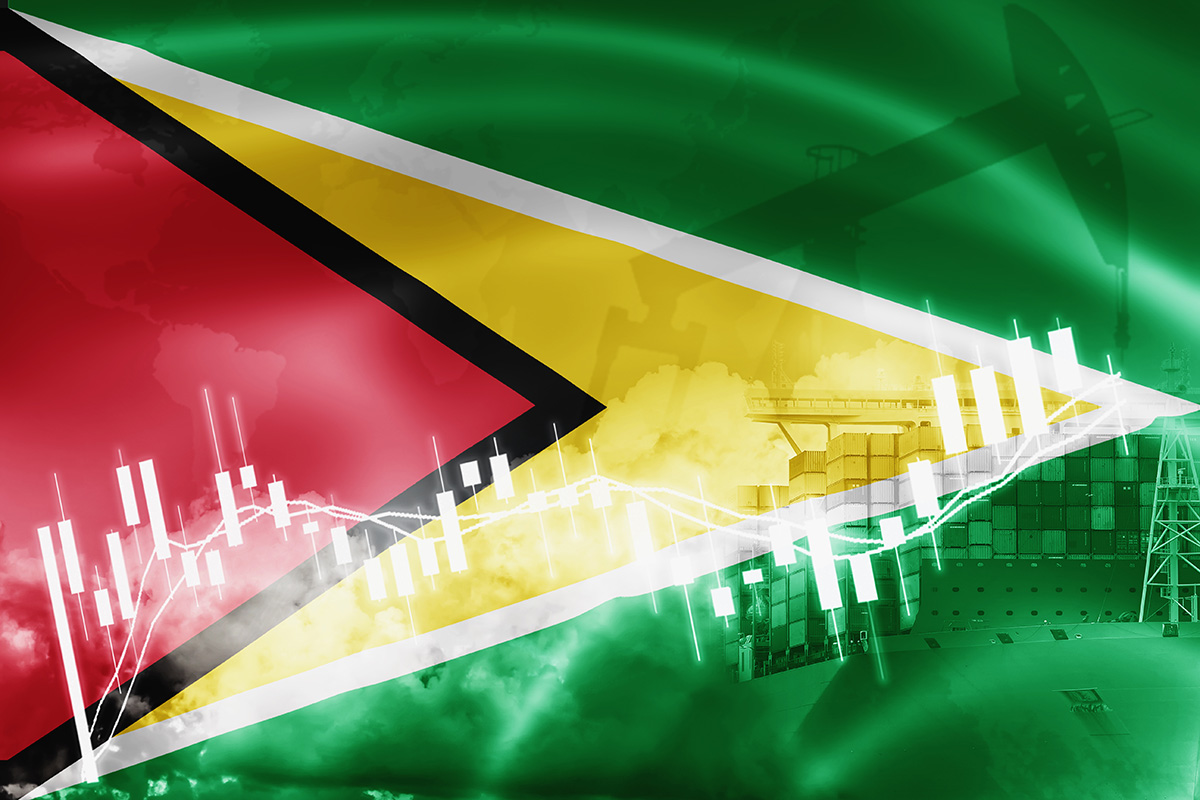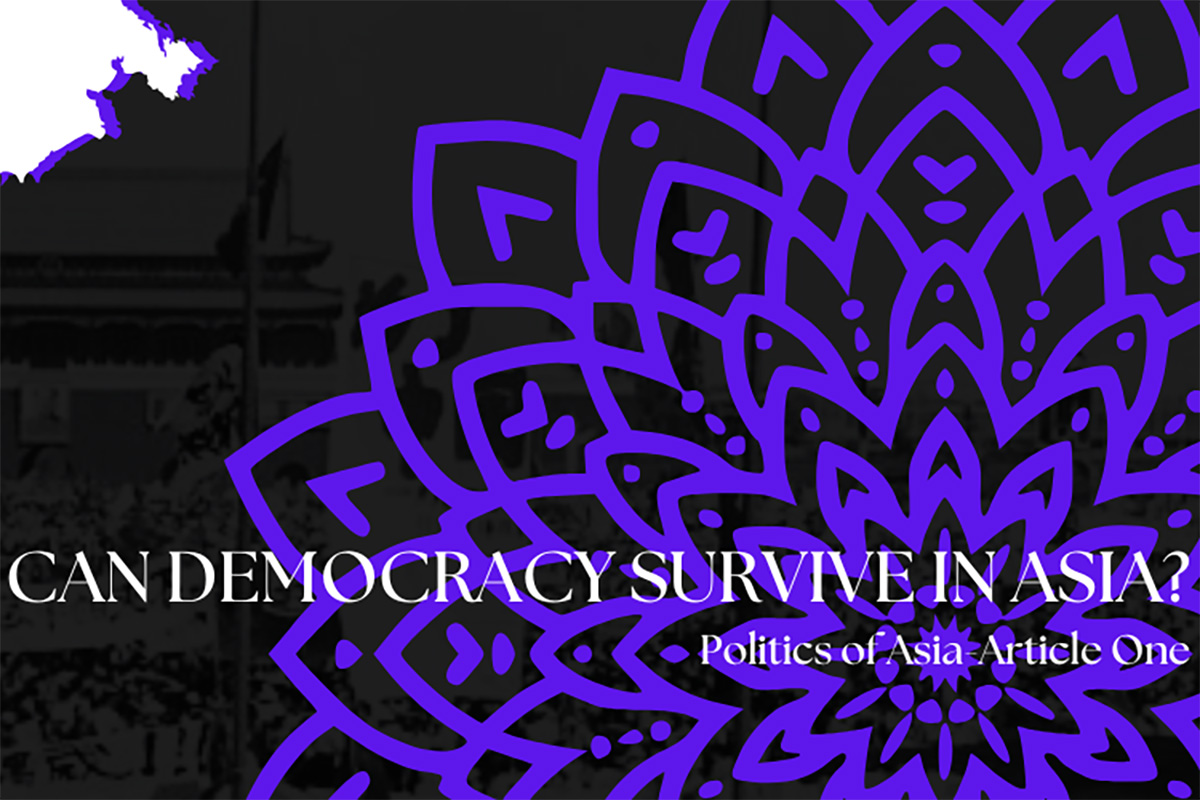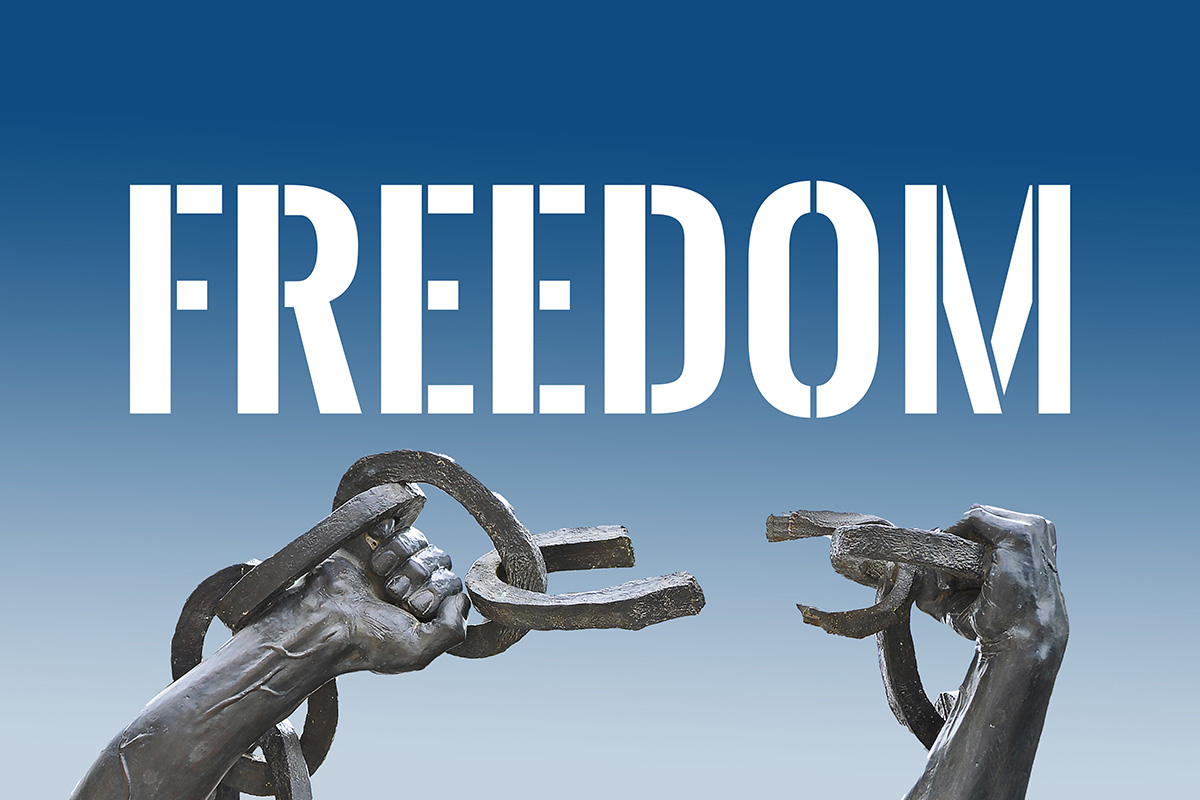The BRICS Game and the World Order
August 23by Chimaobi Omeye
The book, ‘Has the West Lost It? A Provocation’ by Kishore Mahbubani first brought my attention to the possible dwindling power of the West and maybe the rising power of the Eastern bloc under the leadership of the Moscow and Beijing governments.
The Sino-Russian partnership’s major objective is to break the power, autonomy, and hegemony of the United States (US)-led World Order and in a way gave birth to the group of Brazil, Russia, India, China, and South Africa (BRICS).
The BRICS countries are superpowers across their respective regions in all areas, but mainly in the economy, military, sports, etc., and are well suited to disrupting and changing the current order of the world.
Washington supports policies that Moscow and Beijing oppose which brings the Eastern states together
I had always expected the West to support and promote Sino-Belarussian relations or Sino-Cuban relations and also promote Russian-Japanese, and Russian-South Korean relations. Maybe in these ways, they would have been able to limit the mingling of Moscow and Beijing.
Rather, the West has made a huge mistake in directly and indirectly supporting the limitless partnership between Russia and China which have signed over 50 bilateral agreements in the past 20 years.
It seems Western leaders totally ignored the handwriting on the wall and failed to look at their major issues such as the dwindling economy, aging population, illegal immigration, and maybe the pandemic of Western wokeness.
With the BRICS and Shanghai Cooperations Organisation (SCO), the game is now set, and the arena is well cleared for the battle of the World Order. The Russian Federation has demonstrated its strength and received huge support from many countries in the special military operation in Ukraine where innumerable sanctions have not been successful in crumbling the Russian economy and military.
The BRICS, started with four countries, is now five, and with over 40 seeking membership, is a clear and direct threat to any Western organization, especially the G-7 which it has surpassed in terms of contribution to the global GDP in relation to purchasing power parity.
Now a club in demand, the BRICS is hosting its first physical summit since the start of the pandemic with their major issues being:
- De-dollarization
- Trade
- Russia-Ukraine War
- Framework for Membership
Inasmuch as the BRICS looks fully ready to challenge the status quo of the Western bloc, I believe it still has a huge mountain to climb.
The neutral body language of Brazil, South Africa, and India so far, in the Russia-Ukraine crisis still shows a bit of division within the BRICS and countries’ individual interest targets. Also, the border and trade dispute between India and China reveals another weakness of the club in that India has always maintained an unfriendly posture and has not been willing to recognize Beijing as the head of their region.
All these make one wonder if the BRICS members would be willing to accept a single currency and/or trade in local currencies in order to end the dominance of the Dollar.
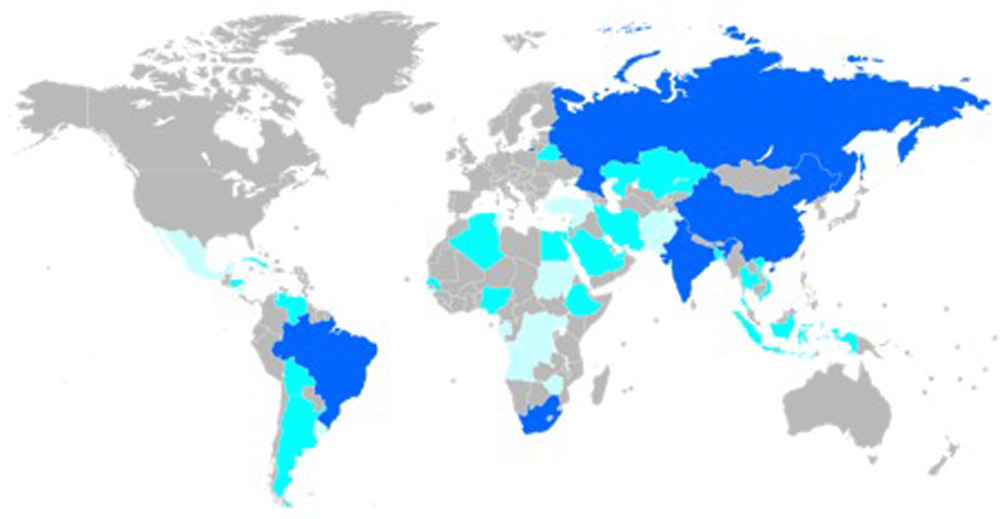
But also, the frequent and easy US-led bloc sanctions on nations that do not dance to their tune is another cause of worry for nations outside the two blocs. We have recently seen the Ugandan sovereign decision on LGBT+ being unfairly challenged and sanctioned by the US and World Bank. Countries should be able to make their decisions independently without fear from any outside party.
It seems inevitable that with a united and powerful BRICS, the world will soon experience a new Order that will be more multipolar in nature. But when and how easy it will be, lies on how quickly the West will show a reversal, especially with the handling of foreign policies.
The BRICS need to also pay attention to detail and maybe avoid extending their membership too wide, especially to countries that may turn out to be liabilities and threats to its existence. A bigger BRICS in number can turn out to be a smaller BRICS in strength.
How the new Order would be is yet to be known, but for a poor child in the Sahel, it should be multipolar, balanced, and fair to all, irrespective of skin colour or region. This seems to be the narrative of a Moscow and Beijing-led BRICS which should be a worry for Washington and its allies.
